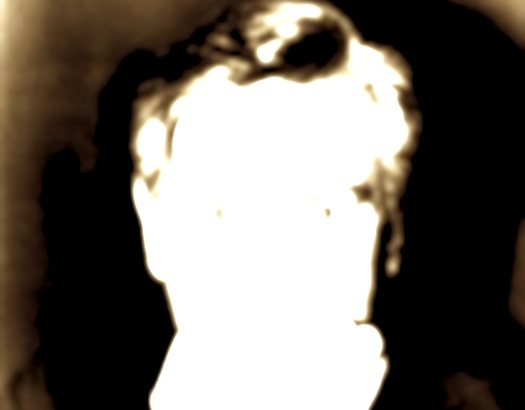A contributor to Crikey, calling themselves a ‘radio insider’ has written a scathing criticism of digital radio. It is reprinted here, with permission from Crikey.
Digital radio already yesterday’s news as net rules the waves
A radio insider writes:
Breakfast radio crews in Sydney, Melbourne Brisbane, Adelaide and Perth joined in a co-ordinated outside broadcast this morning to celebrate Digital Radio Day.
While nobody should begrudge the hard workers in radioland a little get-together — it’s been a tough time for everyone in the media over the past few years — Crikey can’t help but wonder why the third birthday of DAB+ delivery is seen as a cause for celebration.
Rather than being the industry’s saviour, DAB+ — which promises, and delivers, better sound quality and a greater number of channels — is already yesterday’s news.
The newer kid on the block is internet radio, and it’s eating DAB+’s lunch. Its two big advantages are that it’s available almost everywhere, and you can get it on the gadget almost everybody carries with them: their smartphone.
The radio networks know this, of course, but they have a vested interest in promoting digital radio, and it’s called protecting their market share. There are said to be more than 800,000 DAB+ sets in Australia, and the networks desperately want to see that number grow, which is why they are loudly spruiking its advantages over AM and FM.
But the net does something standard DAB+ radios don’t do. If you listen on an internet-enabled device, you don’t have to be tuned-in to an Australian station, let alone one in your home market. And commercial radio doesn’t work very well at all if the ads aren’t targeted directly at the listeners most likely to buy the products being advertised.
It get worse. As the commercial networks know, there’s already somebody at Google (and elsewhere) working on a way to put “local” ads into streamed audio content. It’s already happening on YouTube, where that funny cat video made in Japan is often prefaced by an ad for an Australian company.
It will be possible to bypass the Australian networks altogether and listen to the content you want — be it a radio station in the UK or US, or a podcast from some geek’s bedroom — including “windows” not just of ads, but other local content, such as news, weather and traffic reports. And that content could be provided by companies that aren’t called Southern Cross Austereo, ARN, Fairfax Media, DMG or Macquaire. And that’s why all those companies came out to party today to sell you a method of delivery they can control.
Meanwhile, at the ABC’s Ultimo HQ in Sydney and beyond, employees are scratching their heads about the national broadcaster’s enthusiastic embrace of the occasion. While Aunty distanced herself from some of the coarser commercial aspects of the big love-in (such as the giveaway of a DAB-equipped car), its presence at an event clearly encouraging people to buy a piece of equipment — i.e. a digital radio — that they don’t need is a cause of concern for some staff.
Most of ABC Local Radio’s rusted-on listeners are seniors who only listen to AM stations — they sometimes sneak over to commercial talk, but that’s about as adventurous as they get — and it would be cruel to suggest they spend their pension money on a DAB+ receiver. Unlike with television, there is no switch-off date for analogue radio, and the transistor they bought 20 years ago will see them out.
The Triple J crowd are, of course, already tuning in to web radio on their smartphones and other mobile devices. While internet quality isn’t yet as good as DAB+, it hardly matters to most. And, even though you have to pay for streamed data, the cool kids have already sorted out affordable 3G and 4G plans, and they know exactly how and when to hook into free Wi-Fi — be it someone else’s or on their own unlimited home network.
Aunty’s listeners outside of the aforementioned major capitals, won’t be getting digital radio any time soon (read: never). Even if they want the extra stations, they’ll have to get them online.
While commercial stations, wrongly, see DAB+ as an imperative, the ABC’s involvement in today’s OB and other digital-radio-related activities seems a bad way to spend its dwindling resources.
The ABC and the commercial networks should be taking the fight directly to the increasingly global competition by continuing to invest in great local talent, and creating better apps and other products that keep smartphone listeners glued to their brands.
*The author of this article didn’t have permission to speak publicly and requested anonymity.
With thanks to Crikey for permission to reprint this article, which originally appeared at http://www.crikey.com.au/2012/08/24/digital-radio-already-yesterdays-news-as-net-rules-the-waves/

